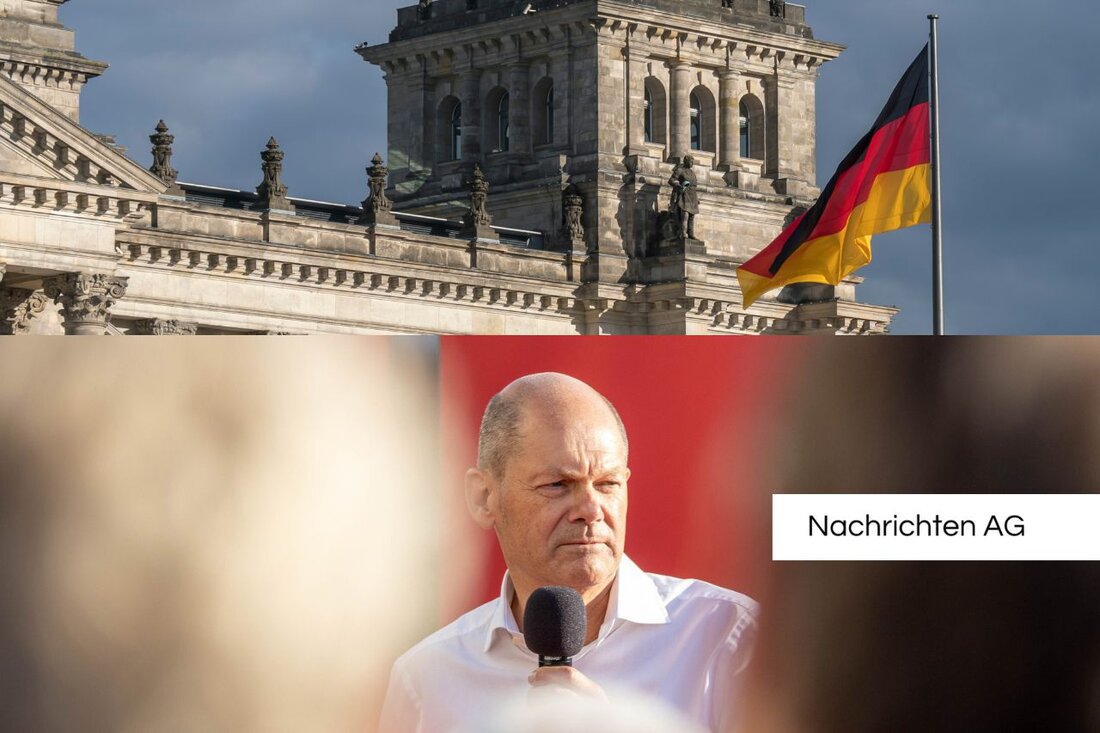NATO countries agree: five percent for defense and Ukraine aid!
NATO countries agree: five percent for defense and Ukraine aid!
Brüssel, Belgien - On June 2, 2025, NATO defense ministers in Brussels come together to advise on military spending and support for Ukraine. NATO General Secretary Mark Rutte in Vilnius made a clear appeal to the member states in Vilnius. In his opinion, higher defense spending are urgently necessary in order to be able to better counter the geopolitical confrontation with Russia. Rutte demands an increase in expenses to at least 3.5 percent of GDP, plus 1.5 percent for military infrastructure. The current requirement of NATO of 2 percent is considered inadequate.
Lithuania President Gitanas Nausėda supports Rutens and draws attention to the risk that Russia could quickly consolidate his armed forces. Nausėda hopes that NATO members can agree on an agreement of up to five percent of GDP for defense spending. This would support the plans of the United States, which suggest an increase to five percent to their allies. The US defense minister Pete Hegseth describes this as a "down payment for the future" and as crucial for "peace through strength".
Ukraine and its support
Ukraine's President Wolodymyr Selenskyj thanked NATO countries for the support in the fight against Russia. He expressed hope for further military aid after a Ukrainian surprise attack is said to have destroyed over 40 aircraft. This attack, it is reported, was carried out using drones.
As part of the meeting, the informal participation of the Ukrainian Defense Minister Rusten Umerow is also expected. Contrary to the involvement of Ukraine's security, however, it becomes clear that the NATO accession of Ukraine is currently regarded by the US government as "no realistic result of a negotiation solution".
discussion about defense spending
The discussion about defense spending is more urgent than ever given the continuing threats from Russia. NATO countries plan to spend around 2.71 percent of their GDP for defense, which corresponds to a total volume of around $ 1.5 trillion. The new Member States such as Finland and Sweden in particular have contributed to the increase in expenses. Germany has now attributed 2.12 percent of GDP for 2024, for the first time above the defined goal.
A certain imbalance remains. While countries such as Poland (4.12 %), Estonia (3.43 %) and the United States (3.38 %) significantly increase expenses, states such as Spain (1.28 %), Slovenia (1.29 %) and Luxembourg (1.29 %) show reluctance. Chancellor Olaf Scholz admits that a defensive budget of 200 billion euros is unrealistic with a federal budget of 500 billion euros.
The different positions within NATO illustrate the challenges that the alliance faces, while all parties are advised on the necessary growth of defense spending. The political pressure on the Member States is expected to continue to increase to ensure that NATO remains capable of action on both strategic and operational level.
| Details | |
|---|---|
| Ort | Brüssel, Belgien |
| Quellen | |


Kommentare (0)